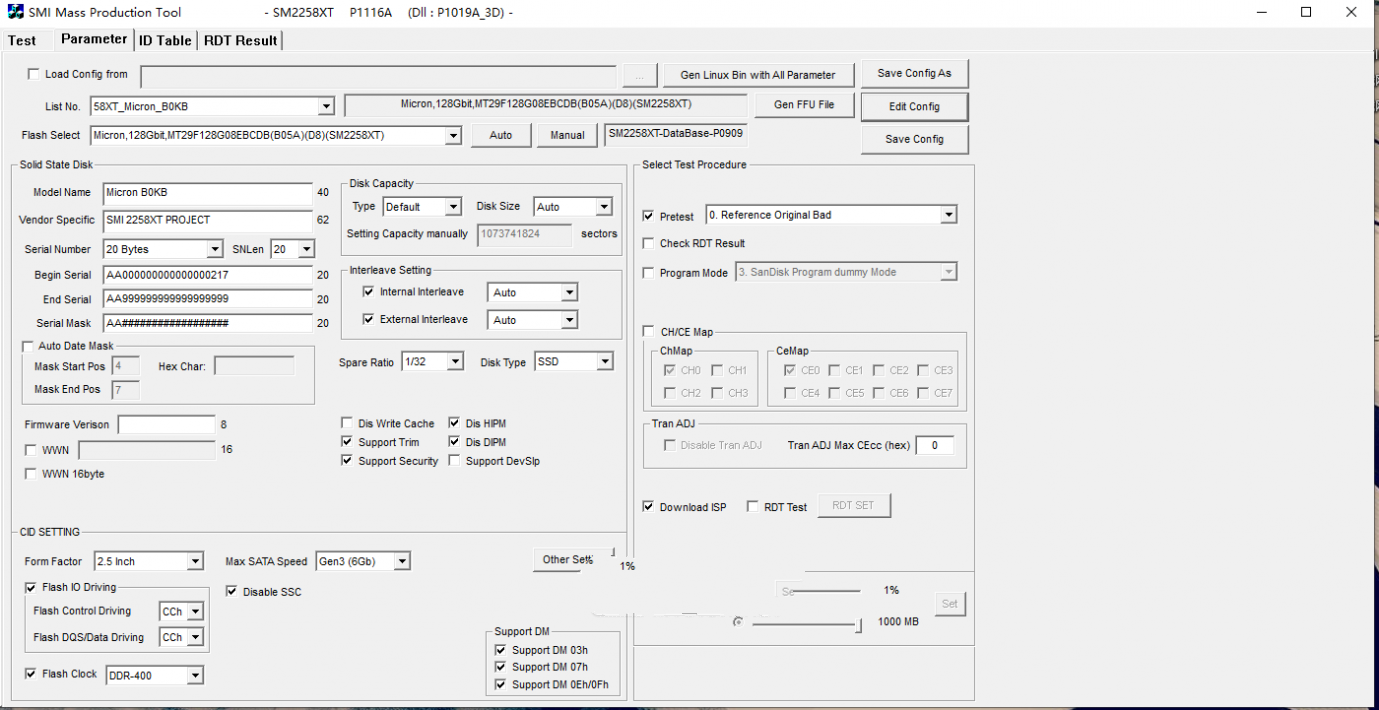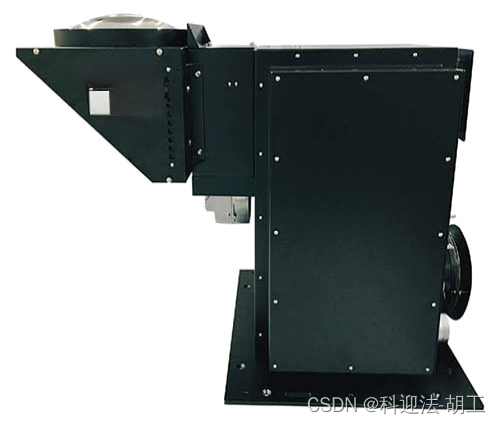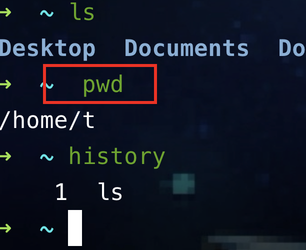题目
给你单链表的头指针
和两个整数
和
,其中
。请你反转从位置
到位置
的链表节点,返回 反转后的链表 。
解题
class ListNode:
def __init__(self, value=0, next=None):
self.value = value
self.next = next
def reverseBetween(head: ListNode, left: int, right: int) -> ListNode:
if left == 1:
# 从头开始反转前 right 个节点
return reverseN(head, right)
# head 的 next 不变,但 next 部分从 left - 1 开始反转到 right - 1
head.next = reverseBetween(head.next, left - 1, right - 1)
return head
# 辅助变量,记录第 n+1 个节点,以便在反转完成后重新连接链表。
successor = None
def reverseN(head: ListNode, n: int) -> ListNode:
"""反转以 head 为起点的 n 个节点,返回新的头结点"""
if n == 1:
# 记录第 n+1 个节点
global successor
successor = head.next
return head
# 递归反转前 n-1 个节点
last = reverseN(head.next, n - 1)
head.next.next = head
# 让反转之后的 head 节点和后面的节点连起来
head.next = successor
return last
# 创建链表的辅助函数
def create_linked_list(elements):
if not elements:
return None
return ListNode(elements[0], create_linked_list(elements[1:]))
# 辅助函数:打印链表
def print_linked_list(head: ListNode):
current = head
while current:
print(current.value, end=" -> " if current.next else "\n")
current = current.next
if __name__ == '__main__':
# 使用 create_linked_list 函数创建链表
elements = [1, 2, 3, 4, 5]
head = create_linked_list(elements)
print("原始的链表:")
print_linked_list(head)
# 反转从位置 2 到位置 4 的链表部分
left, right = 2, 4
new_head = reverseBetween(head, left, right)
# 打印反转后的链表
print("反转一部分后的链表:")
print_linked_list(new_head)原始的链表:
1 -> 2 -> 3 -> 4 -> 5
反转一部分后的链表:
1 -> 4 -> 3 -> 2 -> 5



















